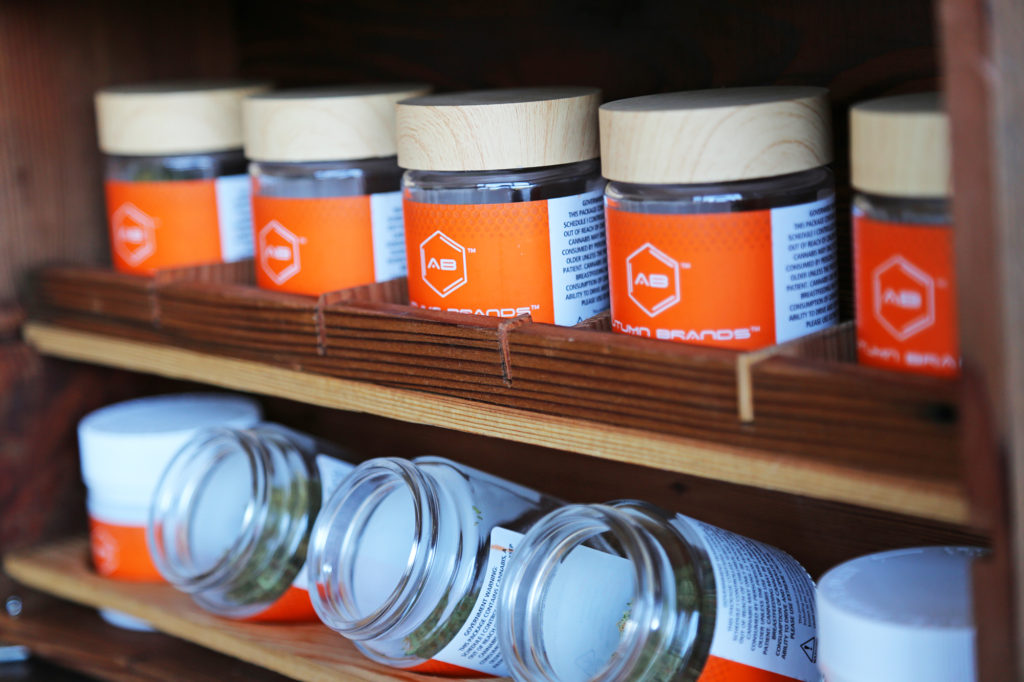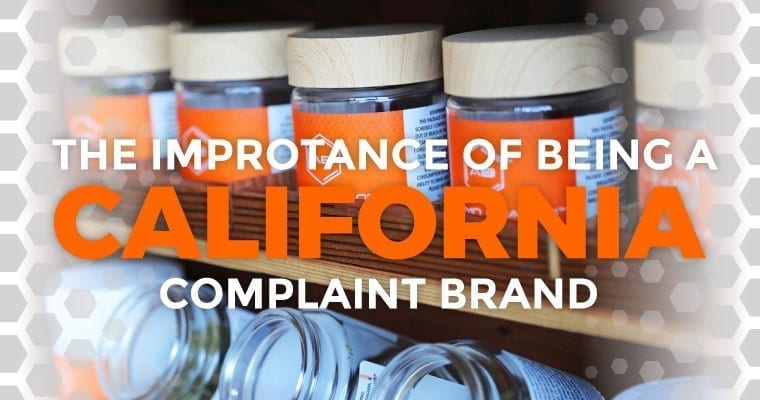With the legalization of recreational cannabis in the state of California, state departments enforced new compliance regulations the first of the year. Despite giving canna-businesses a 6-month grace period to make the necessary changes, many cannabis cultivators, producers, and retailers struggled to meet the July 1st deadline for compliance. That meant California consumers saw fewer products on dispensary shelves as non-compliant companies are getting up to speed or are pushed out of the market entirely.

What’s Changed?
As of July 1st, there were several changes put into place which protect the cannabis consumer. Regardless of whether the consumer is using cannabis for medical or recreational purposes, standards and regulations help keep products clean and safe.
First, all cannabis goods sold by a licensed dispensary must come from a licensed producer. Unlicensed producers and cultivators can no longer sell their products to licensed cannabis retailers. However, many small producers have failed to meet the demands of the state licensing procedures. Therefore, fewer cultivators and producers will exist in the new legal market.
Secondly, all cannabis products are required to be tested before going on the shelves by third-party laboratories. Tests include cannabinoid potency, residual chemicals such as pesticides and solvents, microbial impurities, as well as dosing consistency in edibles. As of July 1st, cannabis products must also get tested for a more extensive list of chemicals and foreign materials. By the end of the year, producers will also have to include terpene profiles, mycotoxins, heavy metals, and water activity testing.
Finally, producers and retailers need to make packaging and labeling a priority. Cannabis products must be packaged in tamper-evident, re-sealable, child-resistant packaging which is adequately labeled as a cannabis product by California standards. Additionally, cannabis packaging cannot resemble non-cannabis food products, and may not be referred to as candy or look appealing to children.
Why Does Compliance Matter?
While it may seem like more rules and regulations will only serve to slow down the growth of the industry, cannabis consumers should be grateful for the added protection. Just like other consumable industries such as alcohol producers, food manufacturers, and tobacco cultivators, the potential for health risks from poor cultivation and manufacturing processes is very real.
When a producer is compliant, they ensure the consumer that the product they are buying meets the rigorous standards required by state regulations. Non-compliant products, on the other hand, may not follow the proper processes in their facilities, potentially leaving harmful contaminants in the final products.


